Japanese Province (JPN)
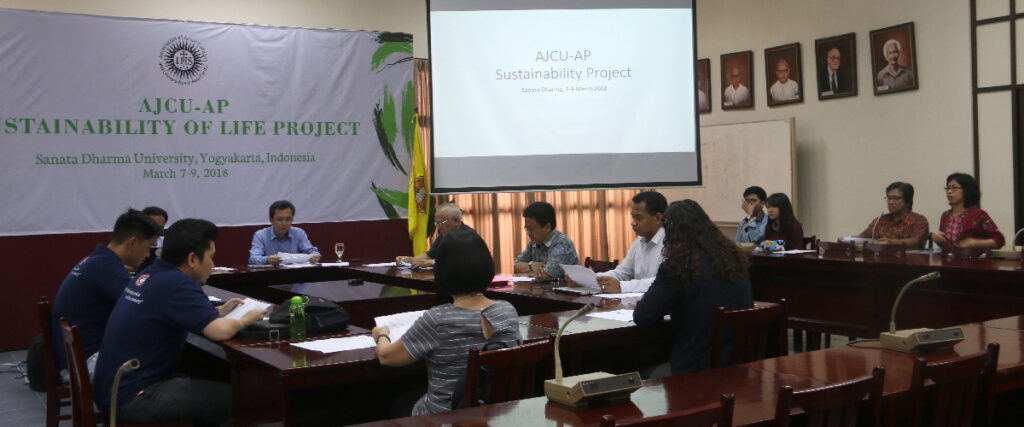
Building a home for the sustainability concept
The urgency of saving the planet from the greed of its human inhabitants cannot be emphasised enough. The Catholic Church has joined ranks with secular...read more
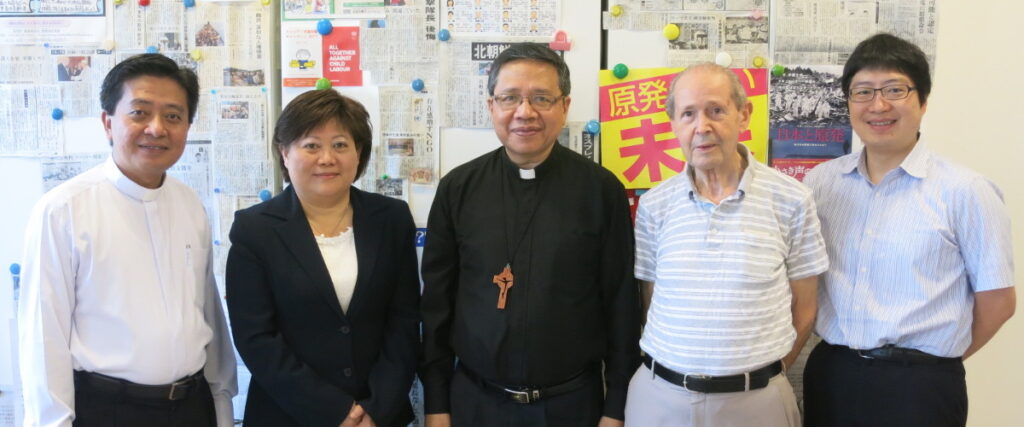
A search for Jesuit partnering between Japan and Vietnam
The Jesuit Social Center Migrant Desk in Tokyo is discussing ways to collaborate with the Vietnam Jesuit Province, after seeing a sharp increase in the...read more
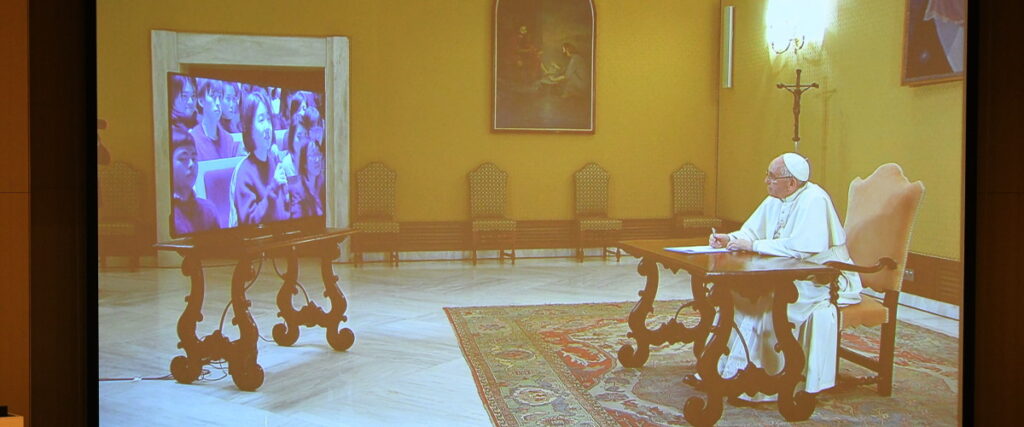
Japanese students video chat with Pope Francis
Students of Sophia University and the four Jesuit high schools in Japan had the rare opportunity to speak with Pope Francis via a live television...read more
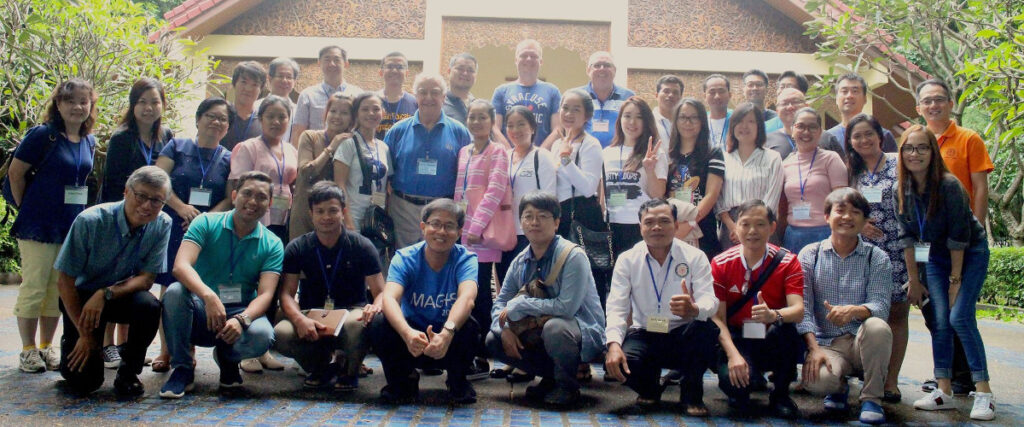
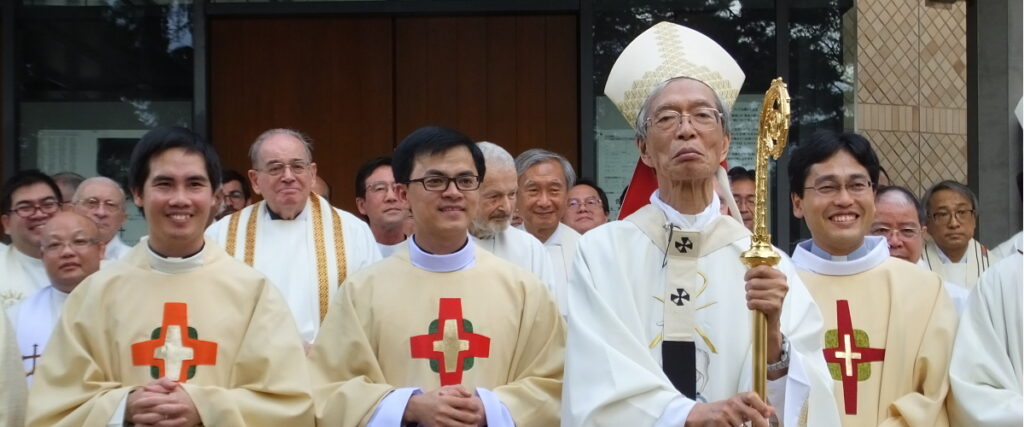
Jesuit ordinations in Japan
Archbishop Peter Takeo Okada of Tokyo ordained three Jesuits to the priesthood on September 23. The new priests are Fr Aloysius Ōnishi Takao SJ, Fr...read more
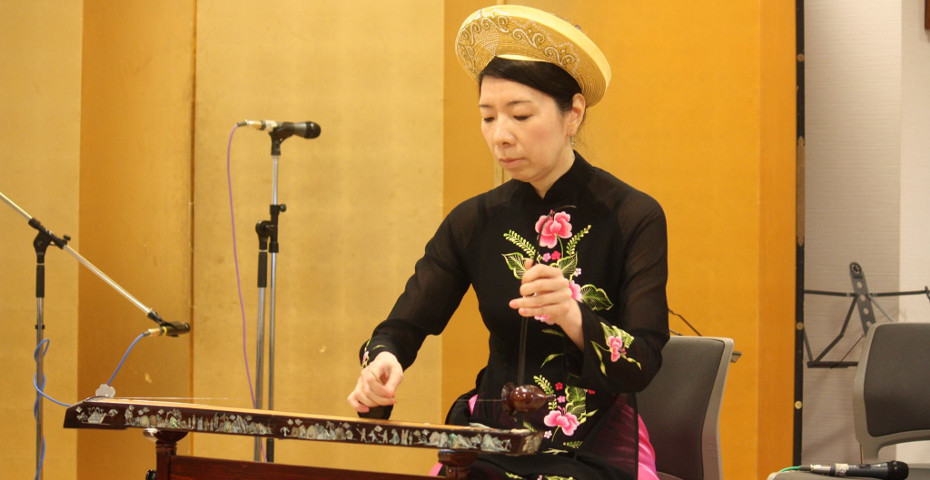
Working with Vietnamese migrant workers in Japan to help their country
Once a year, the lilt of the t’rung and the rise and fall of the sounds of the danbau transport audiences at a charity concert...read more
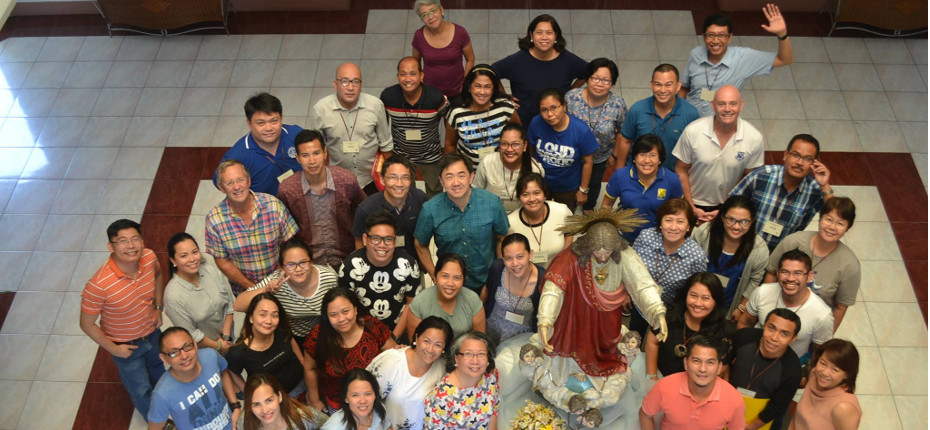
Communal discernment for Ignatian decision making in schools
Ignatian educators from four countries in Asia Pacific recently gathered in the Philippines to learn how to apply communal discernment as an added dimension to...read more
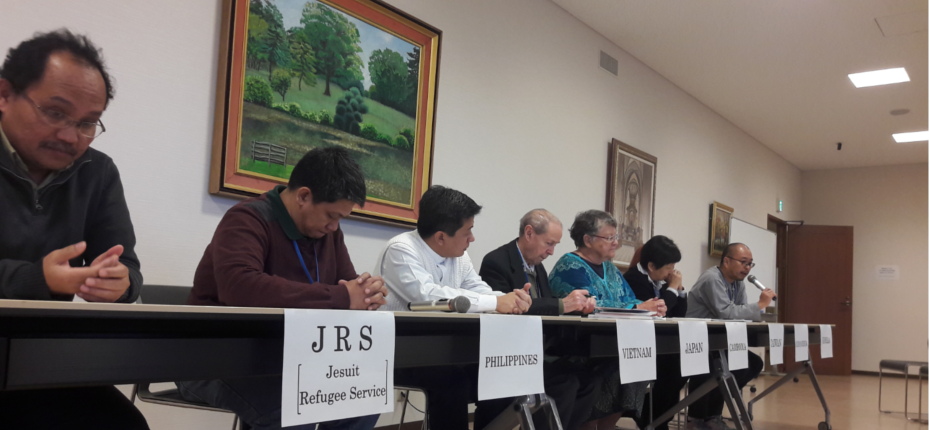
Charting a new course for the migration network
The word “discernment” has become all the rage within Jesuit circles following the 36th General Congregation. Fr General Arturo Sosa has even appointed a special...read more
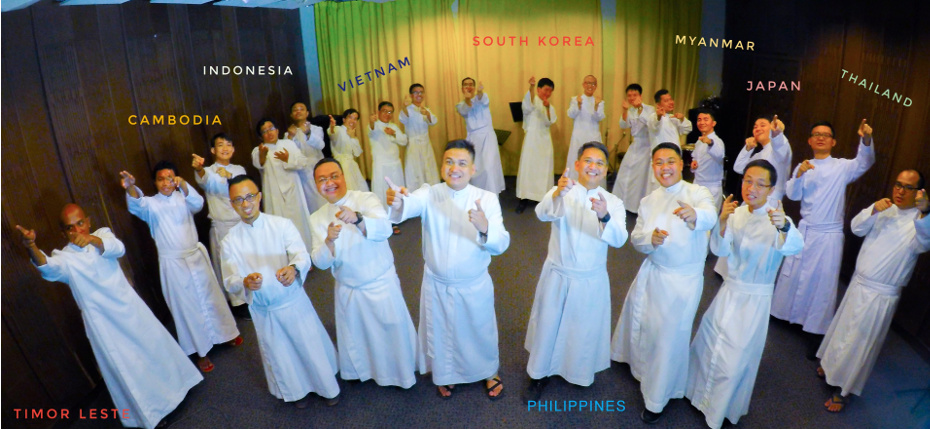
A gift of joy from God
Gratitude and joy for the love of God recently inspired two young Jesuits to write a song. Deacon Soo Young Theodore Park SJ from Korea...read more
